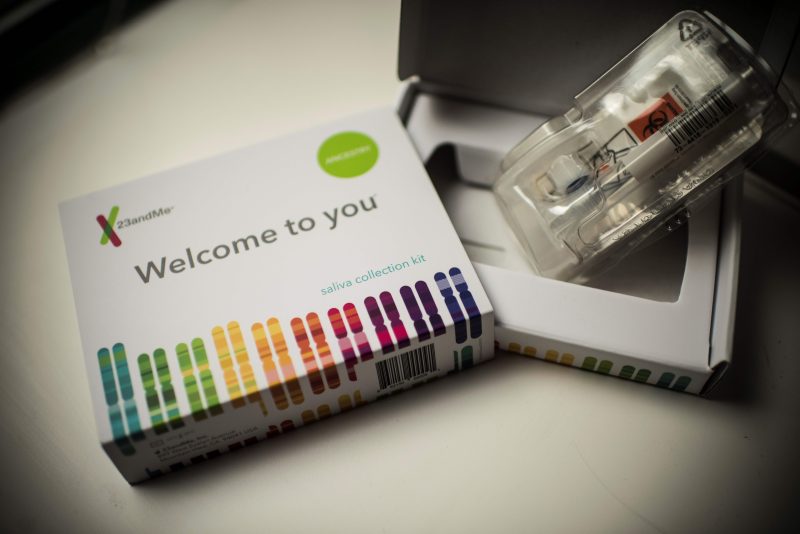SIOUX FALLS, S.D. (KELO) – If you wanted to make an early step in protecting your genetic testing data, now could be the time.
The genetic testing company 23andMe entered bankruptcy and put its business up for sale on March 23.
According to a news release, the company said genetic data privacy will be “an important consideration” during any potential sale. But, customer data could be sold or transferred to a company that buys 23andMe.
Once 23andMe announced bankruptcy, many users flocked to the website to delete their genetic data.
“It is up to each individual on whether they want to delete their data,” said Marty Jackley, South Dakota attorney general, in a statement to KELOLAND News.
The South Dakota Attorney General’s office encourages anyone who may have signed a contract with 23andMe to review its language and understand what rights are contractually listed. If you have questions, the South Dakota Attorney General’s office encourages you to contact the South Dakota Attorney General’s Consumer Protection Division.
Turns out, there’s no genetic privacy law on a federal level, but some states have security laws, the Associated Press reports.
In South Dakota, there’s at least one law that provides protections to genetic data.
Since 2022, the state prohibits any genetic testing company from sharing genetic information among health carriers, life insurers and long-term care insurers without written consent from the patient.
“South Dakota consumers have the right to limit who should know the details of their genome,” Jackley said. He noted that limitations can be extended to insurers, employers, educational institutions, spouses and other family members, researchers and social agencies. “South Dakota’s Data Privacy laws refer back to federal regulations that address the coverage of genetic privacy,” he said.
If you’re worried about healthcare facilities sharing your genetic data, Sanford Health officials assure its patients there’s security in place.
“We have comprehensive plans in place to protect the confidentiality of our genetic and research database,” said Dr. Jeremy Cauwels, senior vice president and chief medical officer at Sanford Health.
Sanford Health says it’s committed to ensure secured privacy of all patient data collected through clinics and genomics programs, such as ImagineYou or Sanford BioBank.
“We are dedicated to protecting our patients’ information while offering earlier disease detection, targeted treatments and improved outcomes through precision medicine in order to help save lives,” said Dr. Cauwels.
To delete your data and samples from 23andMe
If you wanted to delete your genetic data from 23andMe, California Attorney General Rob Bonta released this eight-step guide:
- Log into your 23andMe account.
- Hit “Settings” on your profile.
- Scroll to the bottom of the page for “23andMe Data”
- Hit “View” next to “23andMe Data”
- Download your data.
- Scroll to the “Delete Data” section.
- Hit “Permanently Delete Data”
- Confirm your request: you’ll receive an email from 23andMe; follow the link attached to the email to confirm the deletion request.
Bonta released this guide just days before 23andMe announced its bankruptcy.
Additionally, you can choose to destroy your 23andMe saliva sample:
- Log into your 23andMe account.
- Hit “Settings” on your profile.
- Hit “Preferences” to opt out of stored samples.
According to its website, 23andMe is a biotech firm that gives users a home-based saliva collection kit to send samples back for health and ancestry DNA analysis.


